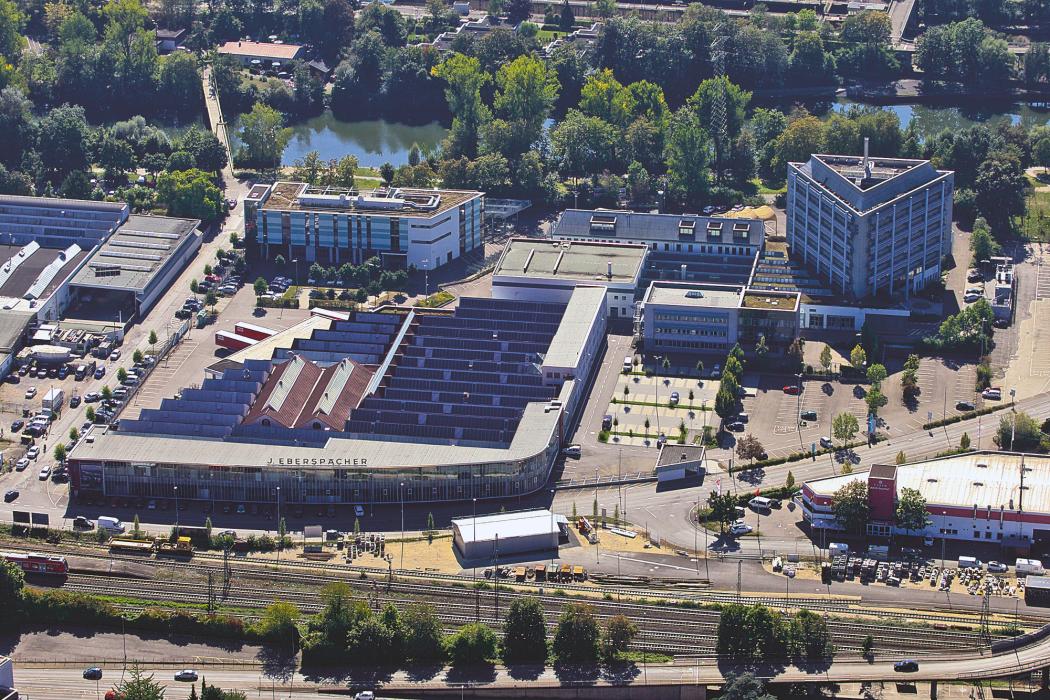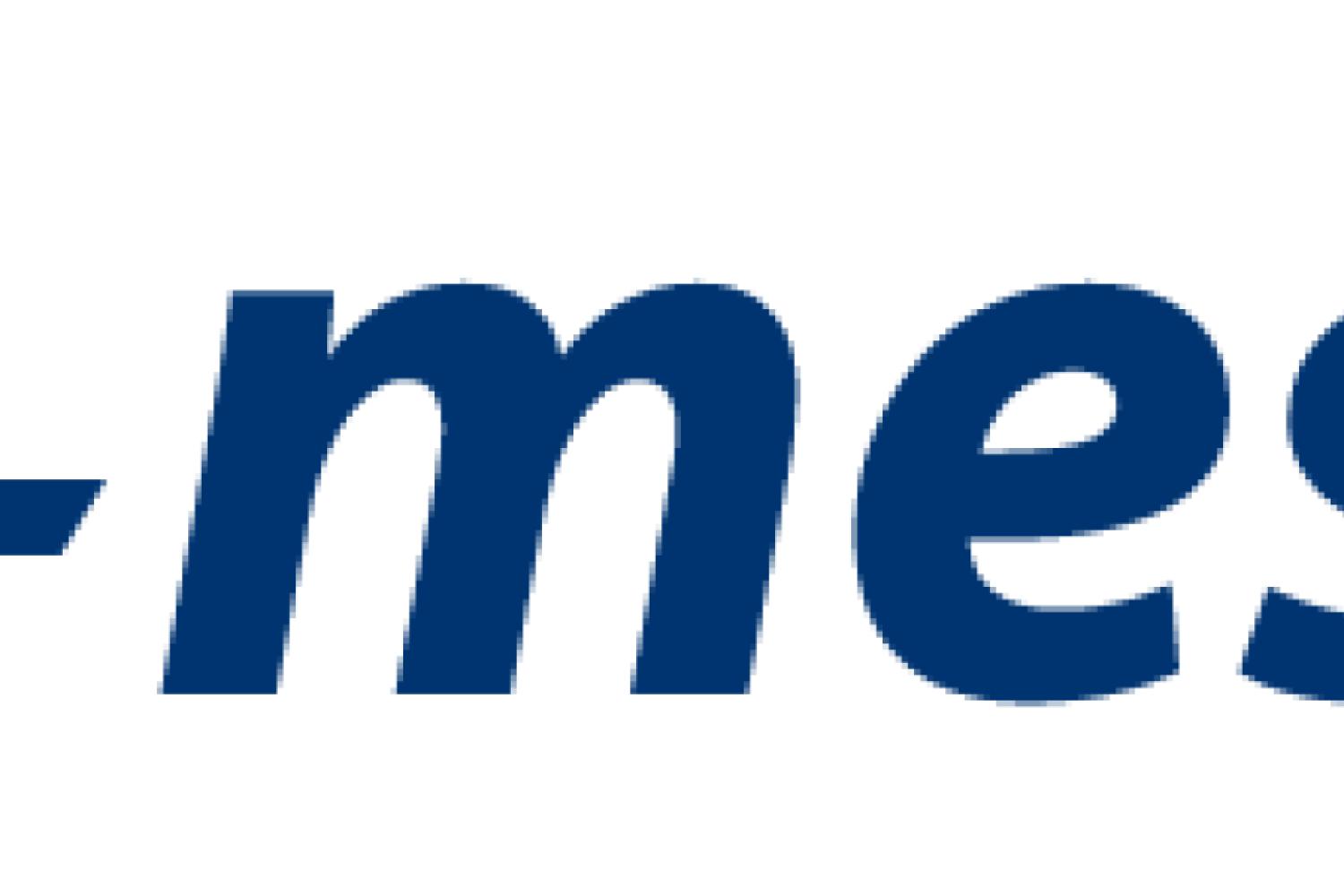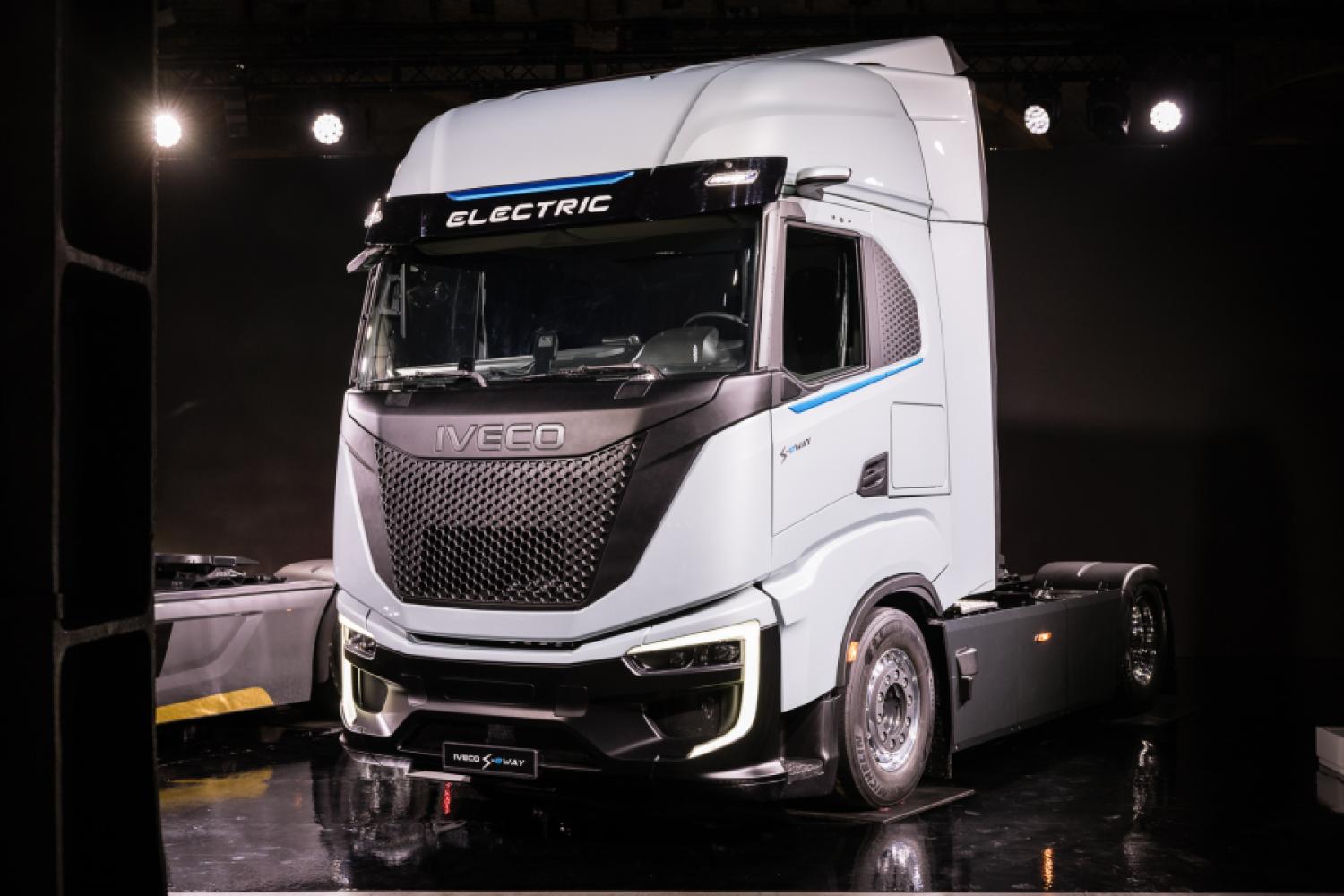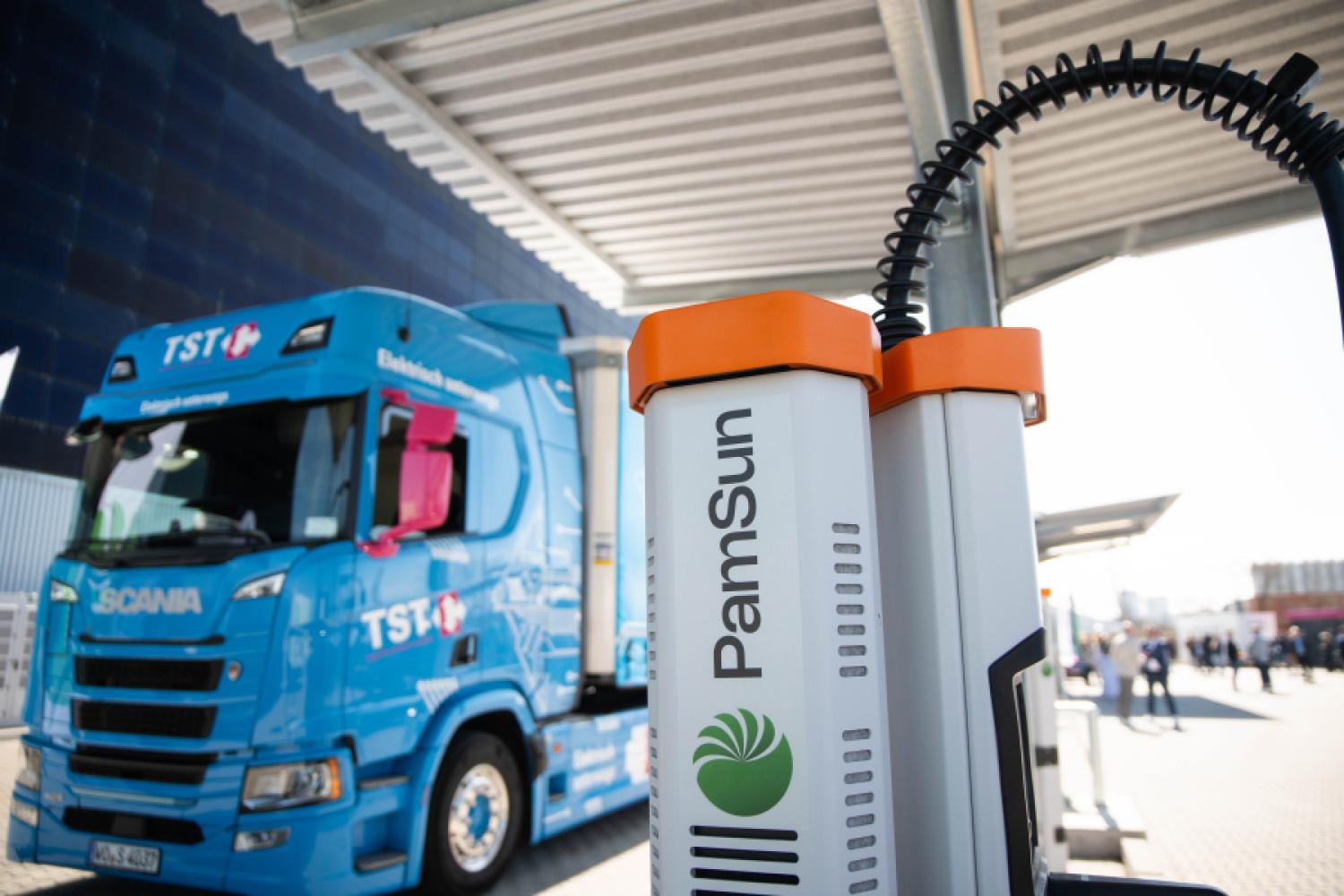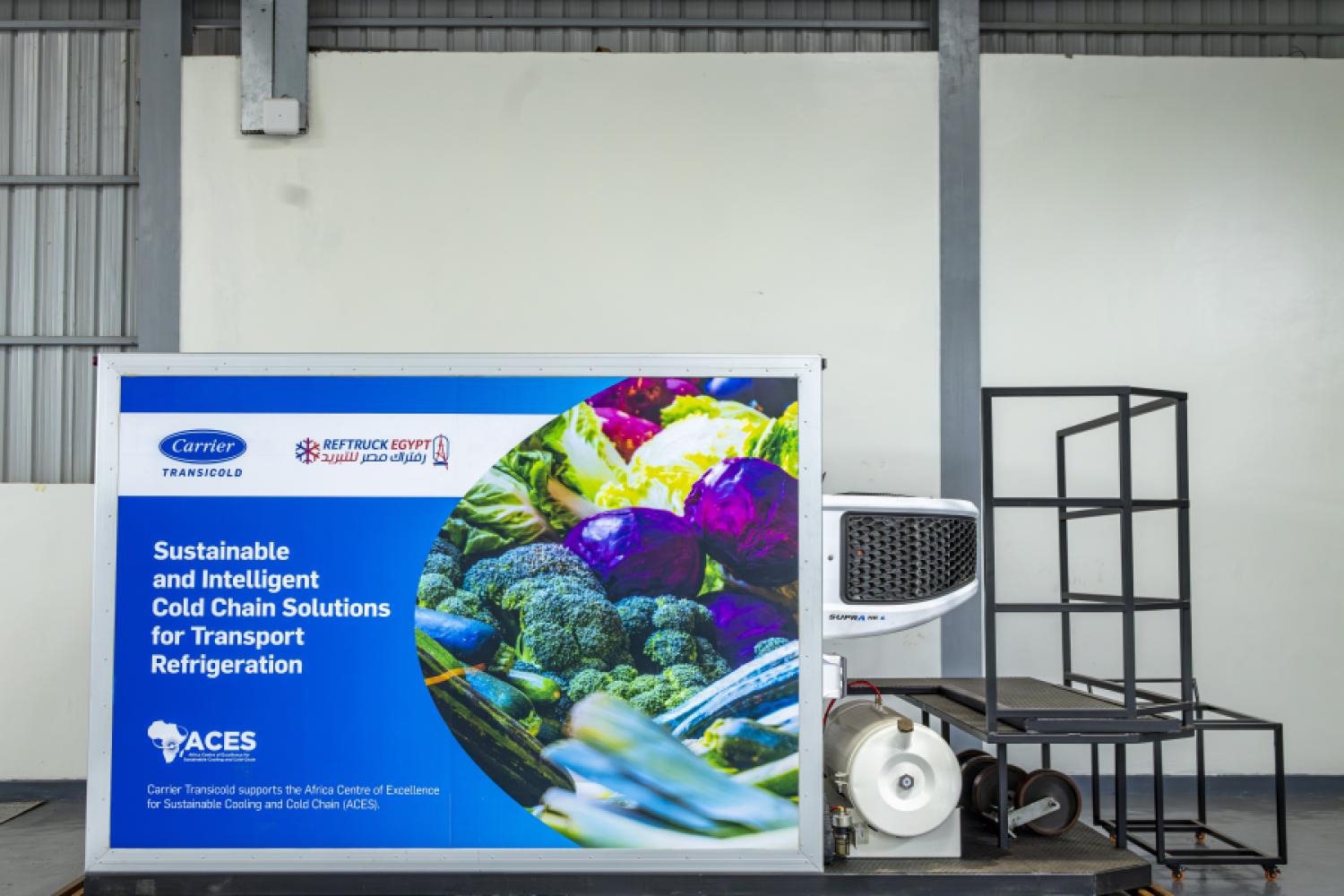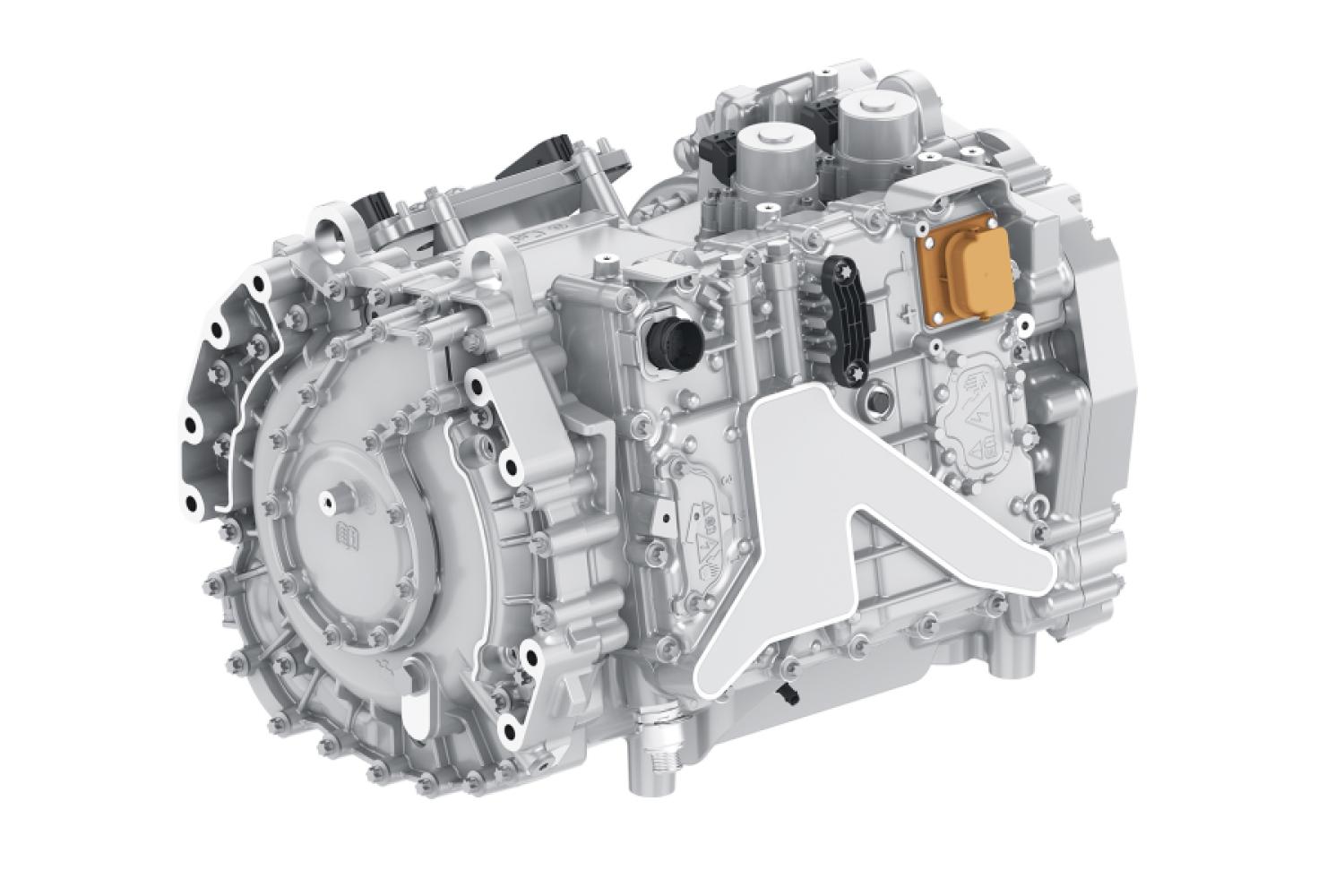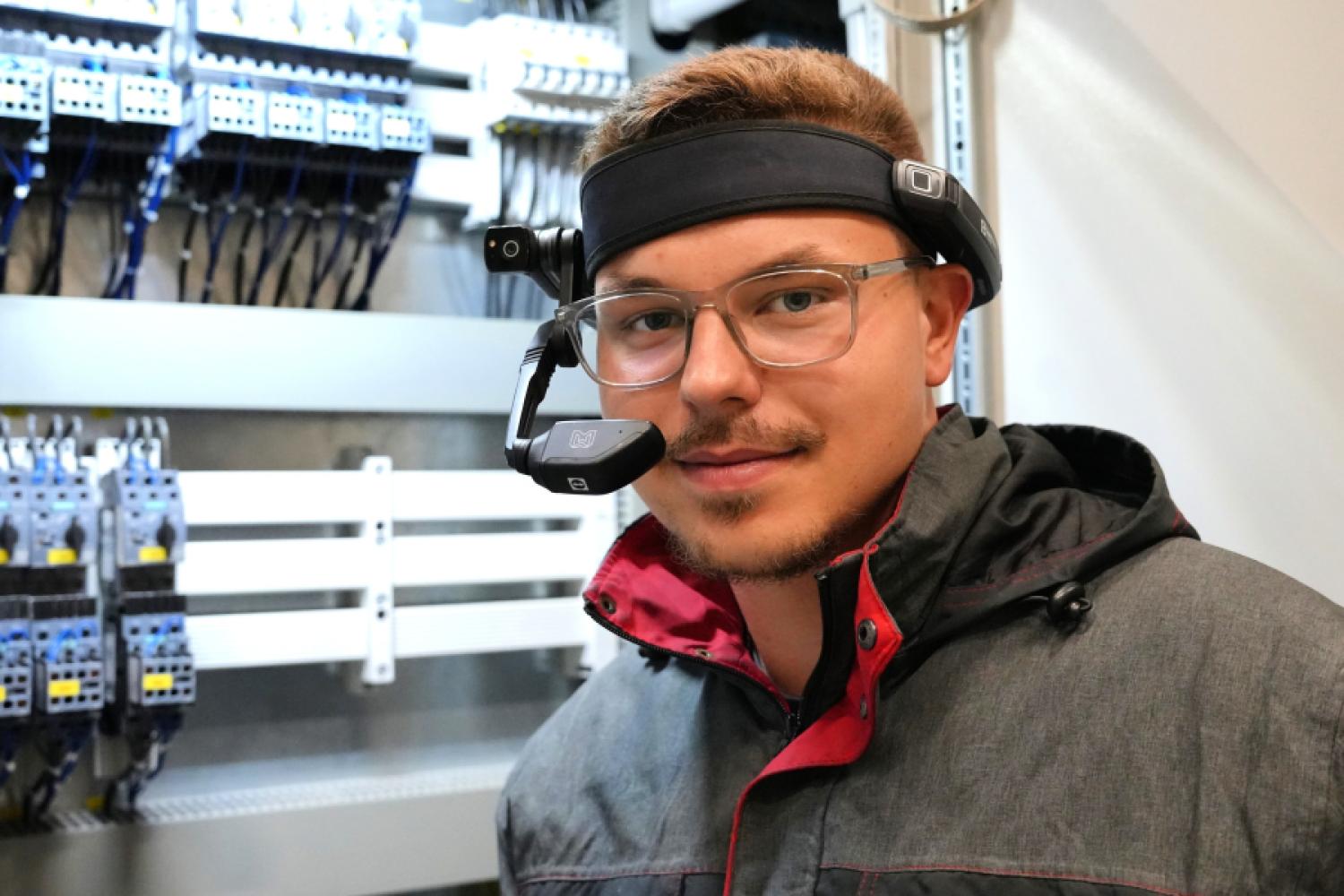The current technology group Eberspächer, headquartered in Esslingen southeast of Stuttgart, was founded on July 9, 1865. Reflecting on 160 successful years, the supplier specializing in exhaust systems, thermal management, and electronic components for the global automotive industry adheres to one of its principles: always keeping an eye on the future. Innovations and change have always played a decisive role in the company's history, it is said. This is still the case today. However, in a world characterized by change, the strategy of not only optimizing its portfolio but also expanding it through partnerships with other industry players to secure the company on multiple legs is gaining importance.
Other influential figures in the automotive industry, such as Mahle, ZF, or Schaeffler, have also opened up to new product areas that complement their existing programs, driven primarily by digitalization and the development of electric drive systems. Thus, Martin Peters, the managing partner of Eberspächer, can now say:
“As a technology-driven company, we offer a broad product portfolio. Both for every type of drive and the possibility of further development outside the automotive environment. Transferring to new business fields opens opportunities for long-term success in changing market conditions.”
Always Ahead of the Curve
The company, which today is present in over 30 countries at 80 locations and employs around 10,700 people, began as a small tinsmith and sheet metal working business in the basement of Jakob Eberspächer's residential house in Esslingen. According to the press report, the young man initially manufactured sheet metal products for daily needs but later advanced Germany's then-dominant industrialization through activities, such as in the area of putty-free window glazing.
In the 1930s, the automotive industry significantly contributed to the company's growth with the increasing demand for mufflers and heating devices. After another half century, in the 1980s, the company's activities then focused on the catalytic converter, which reduces pollutant emissions for environmental protection.
Innovation Boost through Digitalization
The Eberspächer product portfolio has grown particularly strongly in the last twenty years: Since the turn of the millennium, there has been an increasing demand for solutions for vehicle electronics and thermal management for vehicles of all types of drive. Electrification and digitalization leave their mark on the entire vehicle, requiring not only growing vehicle electronics but especially solutions for battery management of electric vehicles to ensure performance and safety.
On the other hand,
technology is rapidly advancing in the direction of autonomous driving, related to electromobility. This encompasses the entire road traffic: Not only cars or small transporters, but also buses and trucks will be driving autonomously in the future. Eberspächer is also at the starting blocks from the very beginning. Peters:
“We had a good sense for promising developments and have always actively shaped changes. As a reliable partner of the automotive industry, we convince with the highest quality and continuous innovation. We have remained true to ourselves across generations.”
From Watering Can to Roof
The 25-year-old company founder and master tinsmith Jakob initially manufactures metal products for daily needs for private individuals: for example, watering cans, hot water bottles, which were still made of metal back then, or gutters. Later, companies also become his customers: Encouraged by the economic boom of the time, more and more spinning mills, for instance, need sheet metal spools. Mechanical engineering and the textile industry in Baden-Württemberg thrive.
Another job field opens up in hall construction: sawtooth or shed roofs, as they were used for factories, among others, were often leaking back then. As one of the first, Eberspächer used a solution in 1886 where the panes were mounted on sheet metal bars and glazed without putty. “A real success model that allows Eberspächer to grow quickly.”
Subsequently, the company built its first factory building in Esslingen in 1900. Later, the “trailblazing putty-free products for glass construction” were produced for airship hangars and train stations outside of Germany, which called for more capacity. In 1914, on an area of 3,500 square meters, today's main plant with its own rail connection near Esslingen's Oberesslinger train station was established. Already a year earlier, in 1913, the company began to expand its position to neighboring countries with its own branch in Austria.
Automotive Industry
Even thereafter, the company promotes innovations. A downturn follows in the early 1930s: While the automotive industry celebrates technological successes, business stalls due to the global economic crisis. Eberspächer recovers through its good industry connections via glass roof production, bringing new product ideas. Thus, starting in 1931, sheet metal becomes mufflers, and two years later, the first car heaters are developed. Paul and Adolf Eberspächer, the second owner generation, bring in automotive industry experts, invest in machines, and can grow in a flourishing industry. In 1934, the company had
a record number of 700 employees. Another plant was built in Esslingen in 1935.
During the Second World War, airplane engine parts were manufactured. After the end of the war in 1947, the company switched to turbochargers. In the subsequent economic boom of the 1950s, the family business produced for the automotive industry in two emerging product fields: on the one hand, the first parking heaters for increased comfort in vehicles; and in the second business area, muffler systems, Eberspächer celebrated the millionth system in 1954. These systems were soon complemented by integrated exhaust cleaning. Around twenty years after the second plant, construction began on the third one in the new Esslingen industrial area. Around ten years later, by the 100th anniversary in 1965, the company reported a turnover of 100 million marks.
Foreign Demand
The activities are not confined to the narrower scope. Eberspächer also takes orders from more distant foreign countries and already produced the catalytic converter in series for the US market in 1974, where it became mandatory for reducing pollutants in some areas – more than ten years before Germany. In 1978, the first diesel particulate filters for cars were developed.
Global Expansion
Eberspächer achieved a good reputation and became internationally successful. The company experienced particular growth from the 1980s both in Europe and in the USA, establishing international locations with production facilities in Sweden, France, Switzerland, and the USA. A new business field emerged in 1999 when the electric auxiliary heater from the subsidiary Catem went into series production, making Eberspächer a world market leader. At the same time, the increasing importance of vehicle electronics was recognized, and the product division was included in the company's portfolio in 2001.
Other milestones in new development include high-voltage heaters for electric vehicles, which went into series production as early as 2010, well before the e-mobility transition took off. During the same period, the company acquired a manufacturer of bus air conditioning systems. Subsequent years saw increasing acquisitions, allowing Eberspächer to position itself as a complete provider of thermal management solutions, as well as a provider of battery management system solutions. The internationalization continues: In 2016, for instance, a production plant for exhaust cleaning systems was established in Romania, a year later one in Portugal, and yet again a year later, Eberspächer became a complete provider of thermal management and took over
the French company Kalori, which specializes in this product division.
In 2021, some developments were initiated: Since this year, the Exhaust Technology division has been operating under the name Purem by Eberspächer. At the same time, a new plant was opened in Mexico – and the company entered the hydrogen technology market by acquiring Eberspächer Vairex: the company offers air compressors for fuel cells. By the anniversary year 2025, Eberspächer will form further strategic partnerships, for instance, with the Danish catalyst provider Topsoe, the Dutch specialist for energy storage systems Zeliox, and the Chinese battery technology expert Farasis.
Continuation of the Line
Today the Eberspächer Group is divided into the three business units Purem by Eberspächer, Climate Control Systems, and Automotive Controls. This allows the company to continue its tradition, having made a name for itself in exhaust aftertreatment and muffling, as well as in the field of thermal management systems. The third and newly emerged pillar in the modern mobility era is the area of electronic vehicle components for high technology. Regarding the company's orientation, managing partner Peters says:
“We aim for safe, comfortable, and above all clean mobility – for which we work with an open technology approach.”
High Technology and Hydrogen
This principle means, for example, the continuous adaptation of products to current and future emission regulations. Additionally, electric high-voltage heaters and the ever-evolving control electronics for E-vehicles, as well as thermal management systems with heat pumps and climate-friendly refrigerants for E-buses, must constantly be aligned with this guideline. The Esslingen research team is working intensively on “solutions for the use of future technologies, for use in mobility or industry,” it is said.
These future technologies include the use of hydrogen in its variants with fuel cell technology and hydrogen engines. Specifically, the supplier company is working on both hydrogen applications and solutions for the production of hydrogen itself.
Further goals include achieving CO2 neutrality by 2040. By 2030, the interim goal is to achieve CO2-neutral production. Other sustainable measures, according to the company, include reducing energy consumption, sourcing green electricity, and using photovoltaics at several locations.
Especially dedicated to the staff for their contributions to the company's success on the anniversary, Peters remarks that they are the “basis of our success.” In 2024, the group's revenue amounted to around 5.3 billion euros, and the net sales around 2.7 billion euros.
